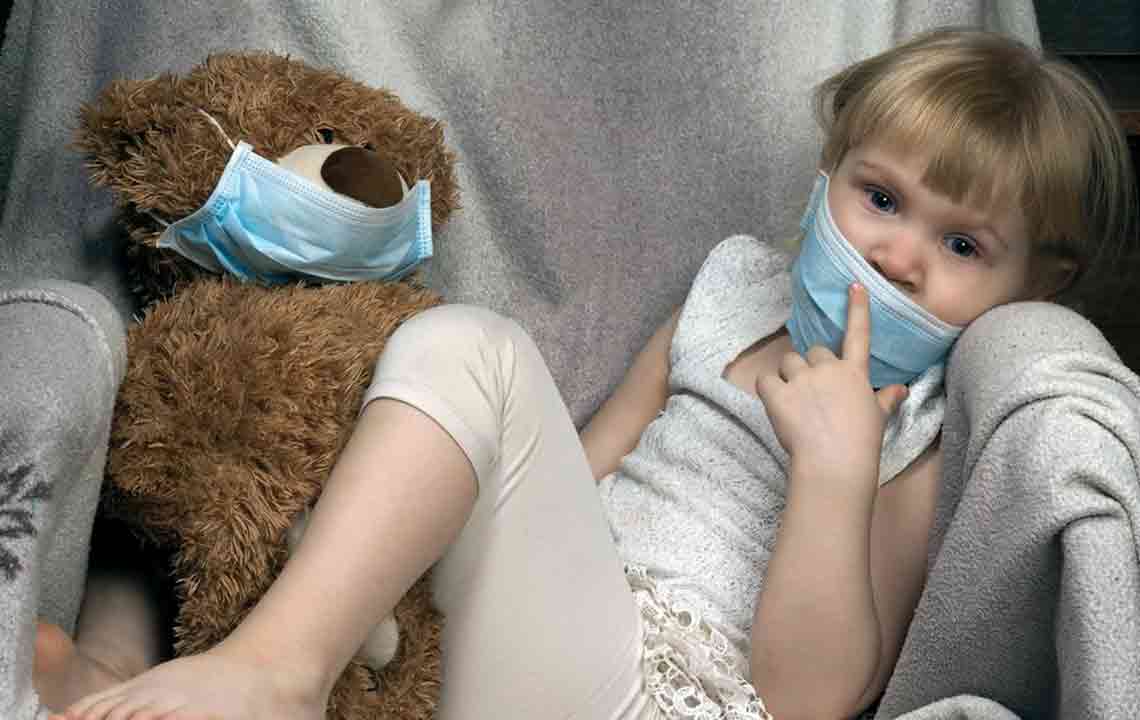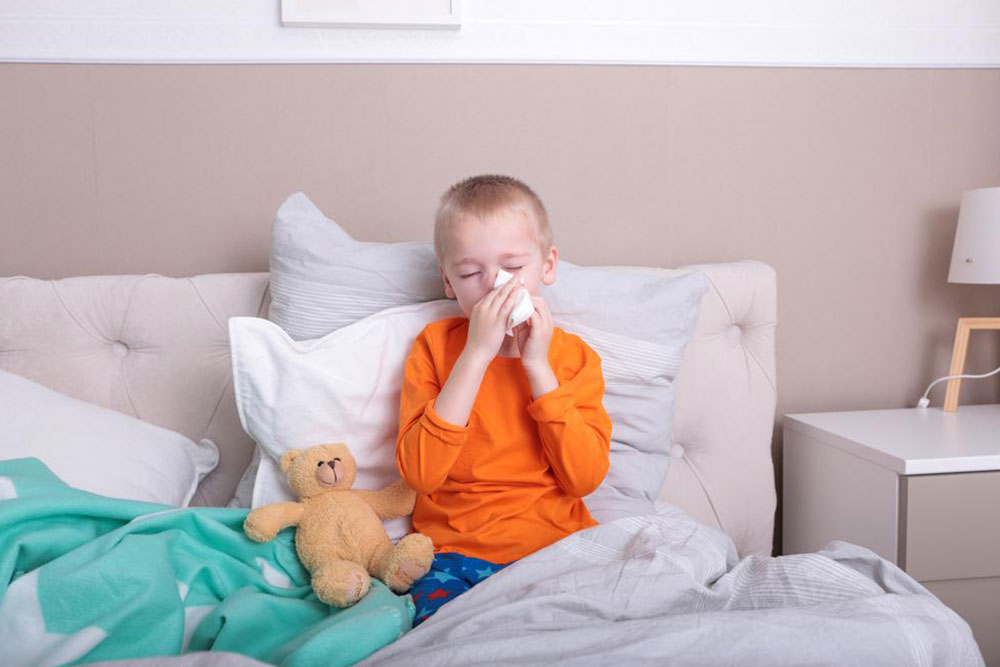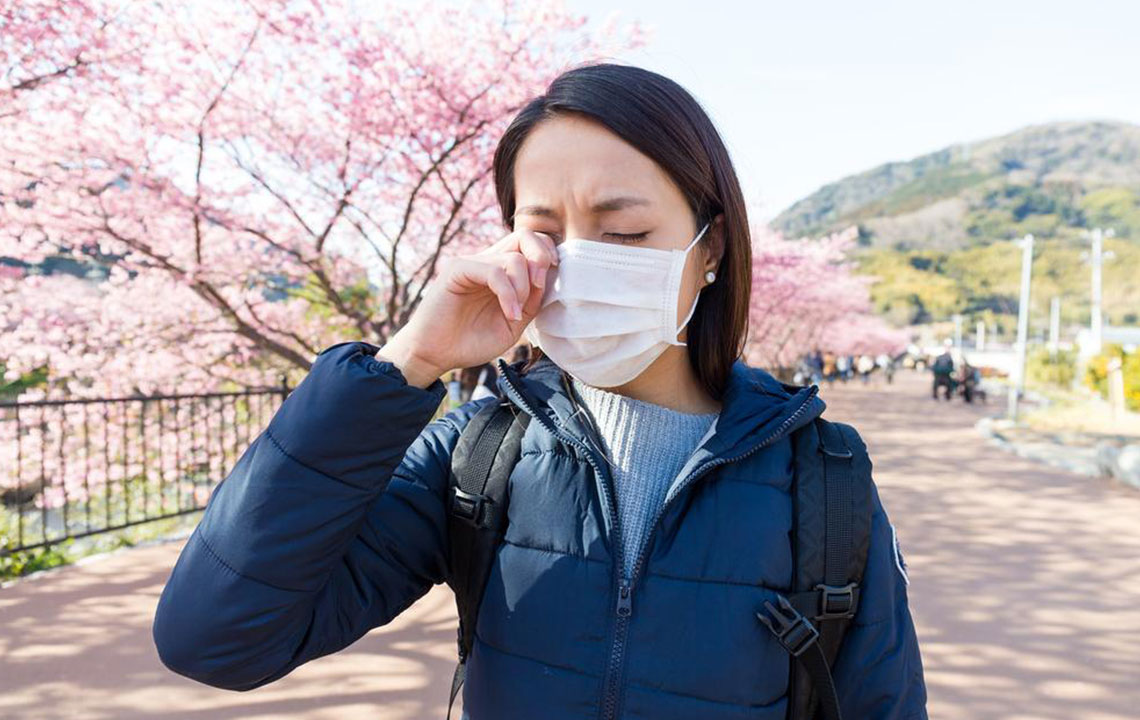Childhood Allergy Awareness and Effective Management Strategies
This article provides comprehensive insights into childhood allergies, highlighting common triggers, symptoms, and effective management strategies. It emphasizes early diagnosis, safe medication use, and the importance of informing schools to promote a safe environment for allergic children. Understanding these key aspects helps parents and caregivers protect and support children's health and development effectively.

Childhood Allergy Awareness and Effective Management Strategies
Detecting whether your child's health issues are due to allergies or common illnesses can be difficult. As caregivers, we tend to be overly cautious about their well-being. Children's inability to fully articulate discomfort makes careful observation vital.
Recognizing symptoms early allows for prompt treatment. Additionally, understanding which medications are safe for children ensures effective relief from allergic reactions.
Typical Causes of Allergies in Kids
Children’s immature immune systems make them more vulnerable to allergies and infections. Monitoring their environment and diet is key. A family history of allergies increases their risk.
Various factors can trigger allergic responses. Some are environmental and controllable, while others are inherited. Common allergens include:
Environmental Triggers: insect bites, pollen from trees and plants.
Home Allergens: pet fur, dust mites.
Other Factors: cigarette smoke, vehicle exhaust, perfumes, deodorants.
Food Allergies: nuts, dairy, wheat, fish.
If allergy suspicion arises, watch for:
Allergic Rhinitis: sneezing, itchy nose, red eyes, congestion, watery and itchy eyes. It doesn’t cause fever. Several medications are available for children.
Nasal Blockage: congestion may cause breathing issues and disturb sleep; early intervention is essential to prevent facial growth problems.
Ear Problems: fluid buildup can cause pain or hearing loss, potentially impacting speech if untreated.
Food Reactions: rashes, tummy issues, and allergic responses to foods like milk, wheat, nuts, or fish. Allergy testing helps identify triggers for dietary adjustments.
Many children outgrow allergies to milk, eggs, soy, and wheat. Allergies to nuts can persist longer. Medical treatments like antihistamines (Cetirizine, Benadryl, Allerga) and medications like Singulair can help control symptoms and manage asthma.
Genetic predisposition plays a key role. Early diagnosis and testing reduce risks of complications such as asthma and promote healthy growth.
Informing educational institutions about your child's allergies is vital. Schools are prepared to handle allergy emergencies, especially food allergies, ensuring your child's safety during school activities and meals.


